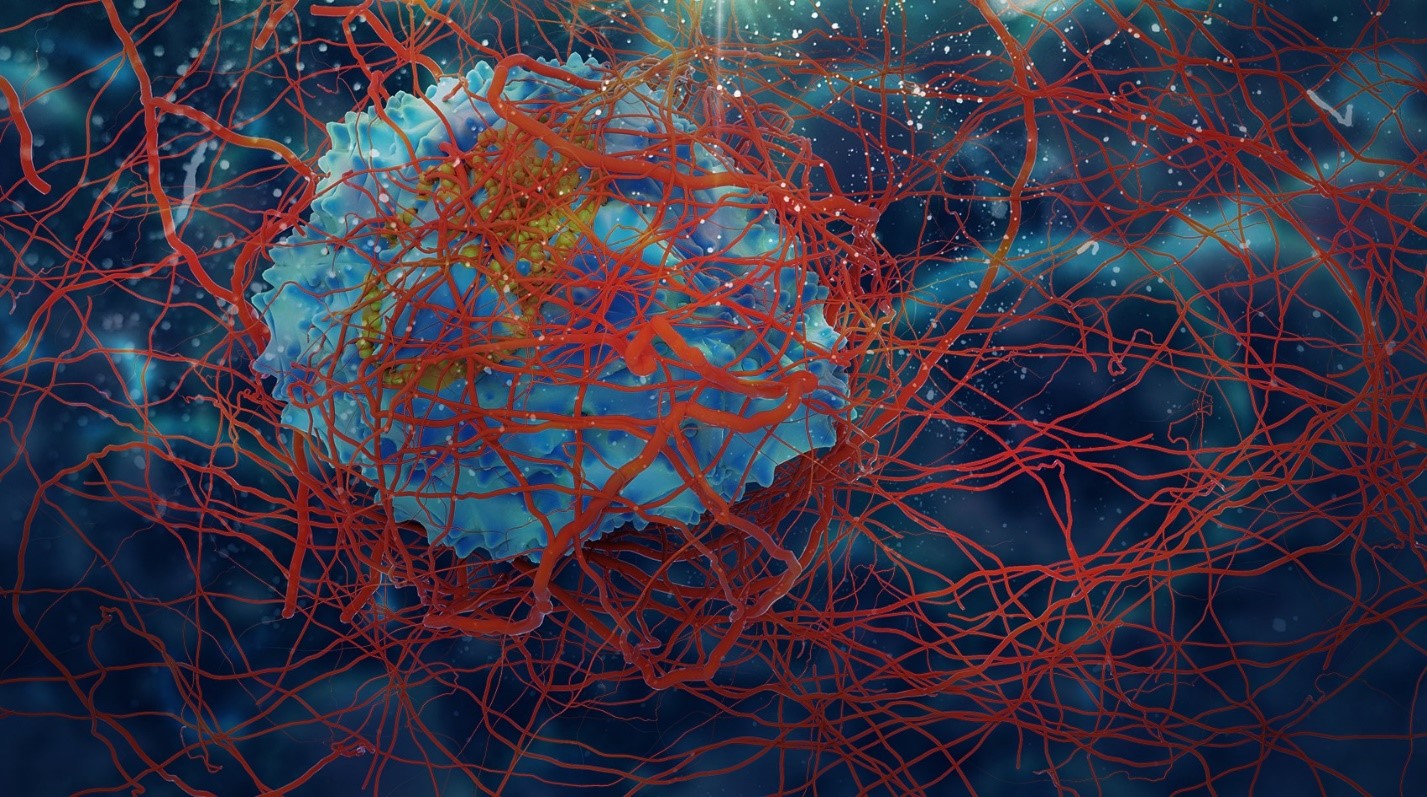
Cancer immunotherapy has emerged as one of the most promising avenues in the fight against cancer. Unlike traditional treatments such as chemotherapy and radiation, which directly target cancer cells, immunotherapy harnesses the body’s own immune system to combat the disease. This innovative approach has led to significant breakthroughs, offering new hope for patients with various types of cancer. In this article, we will explore the latest developments in cancer immunotherapy, highlighting key advancements and their potential impact on cancer treatment.
The Basics of Cancer Immunotherapy
Cancer immunotherapy involves stimulating or enhancing the immune system’s natural ability to recognize and destroy cancer cells. The immune system is equipped with various mechanisms to detect and eliminate abnormal cells, but cancer cells can sometimes evade detection or suppress immune responses. Immunotherapy aims to overcome these challenges by boosting the immune system’s effectiveness.
There are several types of cancer immunotherapy, including:
- Checkpoint Inhibitors: These drugs block proteins that prevent immune cells from attacking cancer cells.
- CAR-T Cell Therapy: This involves modifying a patient’s T cells to better recognize and attack cancer cells.
- Cancer Vaccines: These vaccines stimulate the immune system to target specific cancer antigens.
- Oncolytic Virus Therapy: This uses genetically modified viruses to infect and kill cancer cells while stimulating an immune response.
Recent Breakthroughs in Cancer Immunotherapy
1. Advancements in Checkpoint Inhibitors
Checkpoint inhibitors have revolutionized cancer treatment by unleashing the immune system’s potential. Recent developments have focused on expanding the range of cancers that respond to these therapies. For example, pembrolizumab (Keytruda) and nivolumab (Opdivo) were initially approved for melanoma but have since shown efficacy in treating lung, bladder, and kidney cancers, among others.
A notable breakthrough is the approval of pembrolizumab for tumors with high microsatellite instability (MSI-H) or mismatch repair deficiency (dMMR), regardless of the cancer’s origin. This represents a shift towards personalized medicine, where treatments are tailored based on specific genetic markers rather than the tumor’s location.
2. CAR-T Cell Therapy Innovations
Chimeric Antigen Receptor T-cell (CAR-T) therapy has shown remarkable success in treating certain blood cancers, such as acute lymphoblastic leukemia (ALL) and diffuse large B-cell lymphoma (DLBCL). Recent advancements aim to extend CAR-T therapy’s benefits to solid tumors, which have been more challenging to treat.
Researchers are developing CAR-T cells that target multiple antigens, improving their ability to recognize and attack diverse cancer cells. Additionally, efforts are underway to enhance the persistence and durability of CAR-T cells in the body, addressing issues of relapse and resistance.
3. Novel Cancer Vaccines
Cancer vaccines have gained traction as a preventive and therapeutic strategy. One of the most significant developments is the approval of sipuleucel-T (Provenge) for metastatic prostate cancer. This vaccine stimulates an immune response against prostatic acid phosphatase, an antigen expressed in prostate cancer cells.
Moreover, personalized neoantigen vaccines, which target unique mutations in a patient’s tumor, are showing promise in clinical trials. These vaccines are designed to elicit a robust immune response against cancer-specific antigens, offering a tailored approach to treatment.
4. Oncolytic Virus Therapy Progress
Oncolytic viruses selectively infect and kill cancer cells while sparing normal tissue. Talimogene laherparepvec (T-VEC) is the first FDA-approved oncolytic virus therapy for melanoma. Recent research focuses on combining oncolytic viruses with other immunotherapies to enhance their efficacy.
For example, combining T-VEC with checkpoint inhibitors has shown synergistic effects, leading to improved outcomes in melanoma patients. Researchers are also exploring the potential of oncolytic viruses in treating other cancer types, such as glioblastoma and pancreatic cancer.

Emerging Trends and Future Directions
1. Combination Therapies
Combining different immunotherapies or integrating them with traditional treatments is a growing trend. Synergistic effects can enhance overall efficacy and overcome resistance mechanisms. For instance, combining checkpoint inhibitors with radiation therapy has shown promise in increasing tumor sensitivity to immune attacks.
2. Biomarker Identification
Identifying biomarkers that predict a patient’s response to immunotherapy is crucial for personalized treatment. Advances in genomics and proteomics are aiding the discovery of predictive biomarkers, enabling clinicians to select the most appropriate therapy for each patient.
3. Overcoming Resistance
Resistance to immunotherapy remains a significant challenge. Researchers are investigating mechanisms of resistance and developing strategies to overcome them. This includes targeting the tumor microenvironment, which can create an immunosuppressive milieu, and using combination therapies to address multiple pathways simultaneously.
4. Expanding Access
Ensuring broader access to immunotherapy is essential for maximizing its impact. Efforts are underway to reduce costs, streamline manufacturing processes, and develop off-the-shelf therapies that do not require individualized cell modifications.
Conclusion
Cancer immunotherapy has made remarkable strides in recent years, transforming the landscape of cancer treatment. Breakthroughs in checkpoint inhibitors, CAR-T cell therapy, cancer vaccines, and oncolytic virus therapy have expanded the arsenal against cancer, offering new hope to patients. As research continues to advance, the future of cancer immunotherapy looks promising, with the potential to revolutionize how we approach and treat this complex disease.
The ongoing developments in cancer immunotherapy underscore the importance of continued investment in research and collaboration across the scientific community. By harnessing the power of the immune system, we move closer to achieving more effective, personalized, and durable cancer treatments, ultimately improving outcomes and quality of life for patients worldwide.








